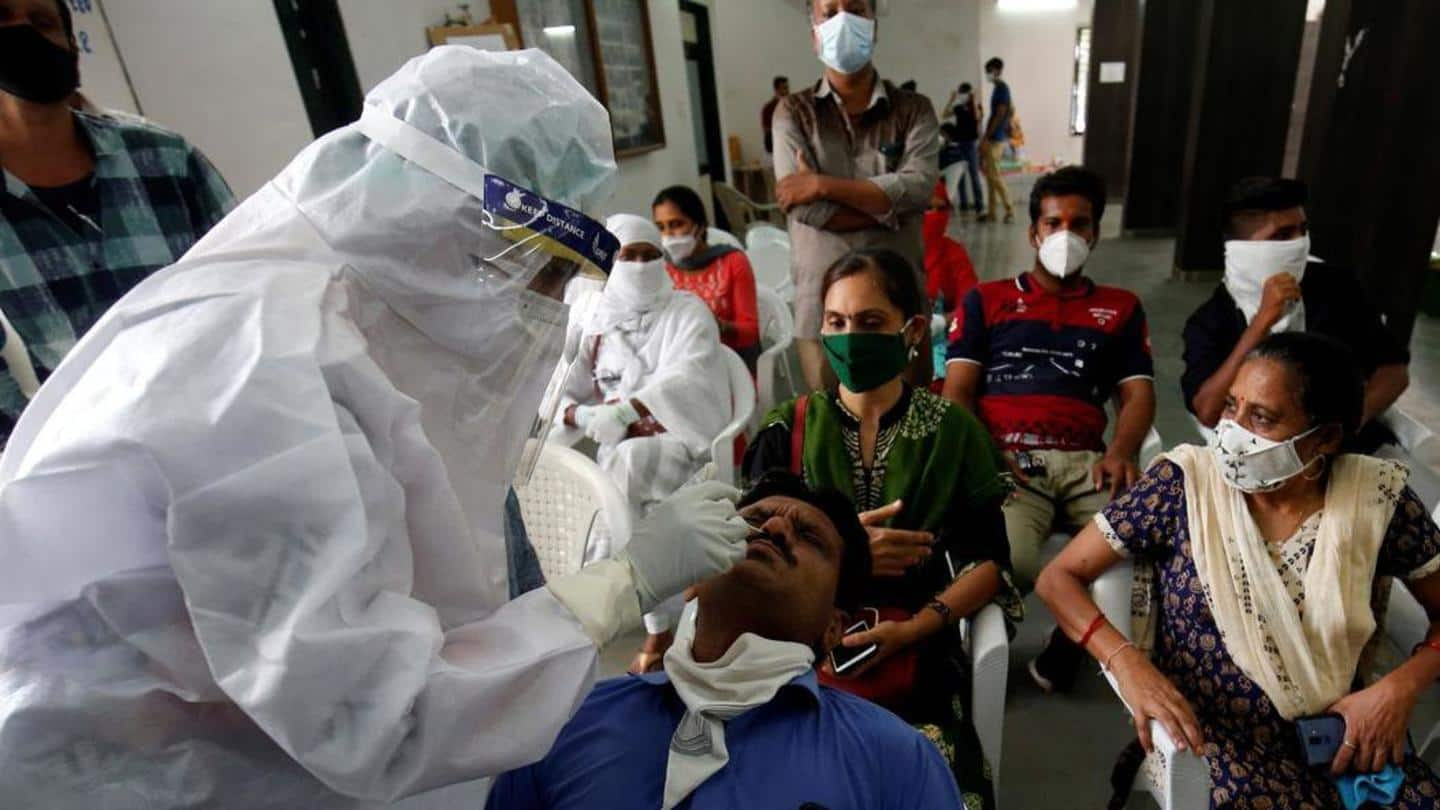COVID-19 reinfections raise concerns over potential vaccine's efficacy
What's the story
A few weeks back, scientists from Hong Kong confirmed the first case of reinfection with the coronavirus that causes COVID-19.
Now, similar reports have surfaced in India and are raising concerns about antibody-resistant virus mutations, something that could put the efficacy of a potential vaccine into question.
Here is all you need to know about it.
Cases
Cases reported in Mumbai and Greater Noida
India's cases of COVID-19 reinfection have been reported in seven health workers from the Government Institute of Medical Sciences in Greater Noida and a couple of hospitals in Mumbai.
According to a pre-print study, cited by News18, genome sequencing has shown significant genetic material differences between their first and second viral RNA sample, indicating a case of virus mutation.
Resistance
One variant found resistant to neutralizing antibodies
Going by the preliminary data of the study, which was conducted by the Institute of Genomics and Integrative Biology, one of the genetic variants found in a GIIMS health worker's second viral RNA sample was resistant to neutralizing antibodies.
To note, the institute's workers were asymptomatic on both the occasions but the second case of infection had a much higher viral load.
Quote
Clearly different strains, says IGIB Director Dr. Anurag Agarwal
"These are clearly different strains. We have sequenced Mumbai samples too and they are different. We have conclusive evidence for seven pairs and in all of them, we see clear genetic differences between the first and second samples that were tested."
Resistant version
Antibody resistant mutation will be analyzed
On the antibody resistant mutation, Dr. Agarwal said it remains to be seen whether this variant of the virus is spreading locally, how the viruses and hosts differ, and how the reinfections are taking place (direct/indirect contact).
"This will be relevant for vaccines," he said while emphasizing that "these cases might be rare from a public health perspective and a drop in the ocean."
Requirement
More studies required to delve into the matter
That being said, experts say more research is needed on the mutations to better understand the situation and its implications on health response, including vaccine development.
"Since this issue requires a deeper study, on speculation we can say that (either) the antibodies are not long-lasting or the mutation is making the virus resistant to neutralizing antibodies," study co-author Dr. Vivek Gupta told News18.
